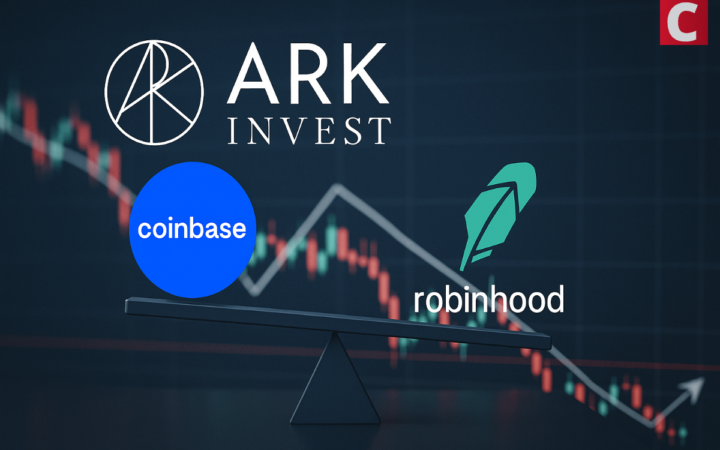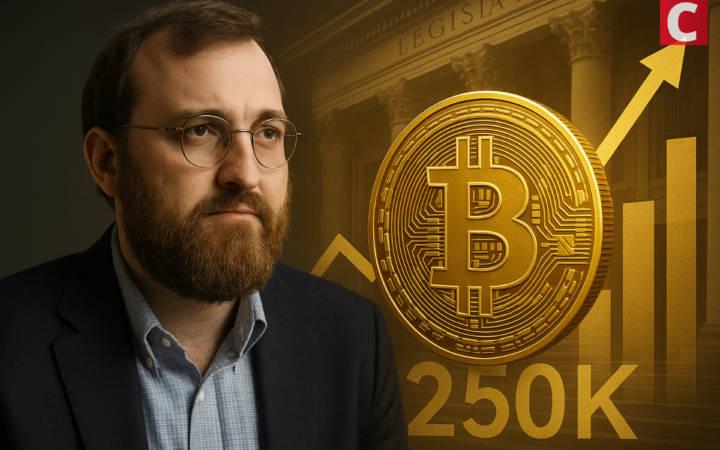
Binance Founder CZ Threatens To Sue Bloomberg For Defamation
Binance Founder CZ has threatened to sue Bloomberg after the firm published an article containing “factual errors,” regarding an incident that had happened in the past.

Binance Founder CZ has threatened to sue Bloomberg after the firm published an article containing “factual errors,” regarding an incident that had happened in the past.

Tether has decided to suspend USDT redemption on five blockchains. This includes Omni Layer, Bitcoin Cash SLP, Kusama, EOS, and Algorand.

With the ProShares XRP ETF set to launch on July 18 and whale accumulation reaching record levels, XRP could soon breach $3.

Robert Kiyosaki, author of Rich Dad Poor Dad, has doubled down on Bitcoin with a new buy at $110K, declaring the market has entered the volatile Banana Zone

Pengu token rallied 70% over three days to reach $0.023 as Bitcoin’s breakthrough above $118,000 sparked massive capital rotation into Solana memecoins, with the sector now valued at over $12.8 billion amid heightened risk appetite.

Stellar price jumped 25% on Friday, reaching $0.40 for the first time since Q1 as institutional adoption and upcoming network upgrades fuel bullish momentum.

Arthur Hayes predicts a major altcoin season after Bitcoin’s new all-time high. SEI, SUI, and HBAR already show strong gains in the current rally.

Indian authorities are investigating Binance and WazirX amid concerns of terror financing across the India-Pakistan border.

Bitcoin hits a new high while options expiry signals caution and Bhutan continues selling its BTC holdings.

A hacker exploited GMX for $40 million but returned half after accepting a white hat bounty.

Ark Invest sold off $6.5 million worth of Coinbase shares, $5.8 million Robinhood shares, and $1.7 million Block Inc. shares amid a broader crypto market rally.

Analysts see the potential for XRP price to rally over 250% to $9.63, citing strong technical setups and historical accumulation patterns.

Shiba Inu could be gearing up for an explosive move, with analysts seeing a potential 1,500% rally if key levels are cleared.

Cardano founder says Bitcoin price will reach $250,000, supported by the implementation of the GENIUS Stablecoin Act, and the Digital Asset Market Structure.

Bitcoin’s breakout above $118K is fueled by Binance whales and institutional flows, marking a shift from past retail-driven peaks.
Breaking news coverage from cryptocurrency world about key figures, exchanges, startups, investment, applications, regulation and more.